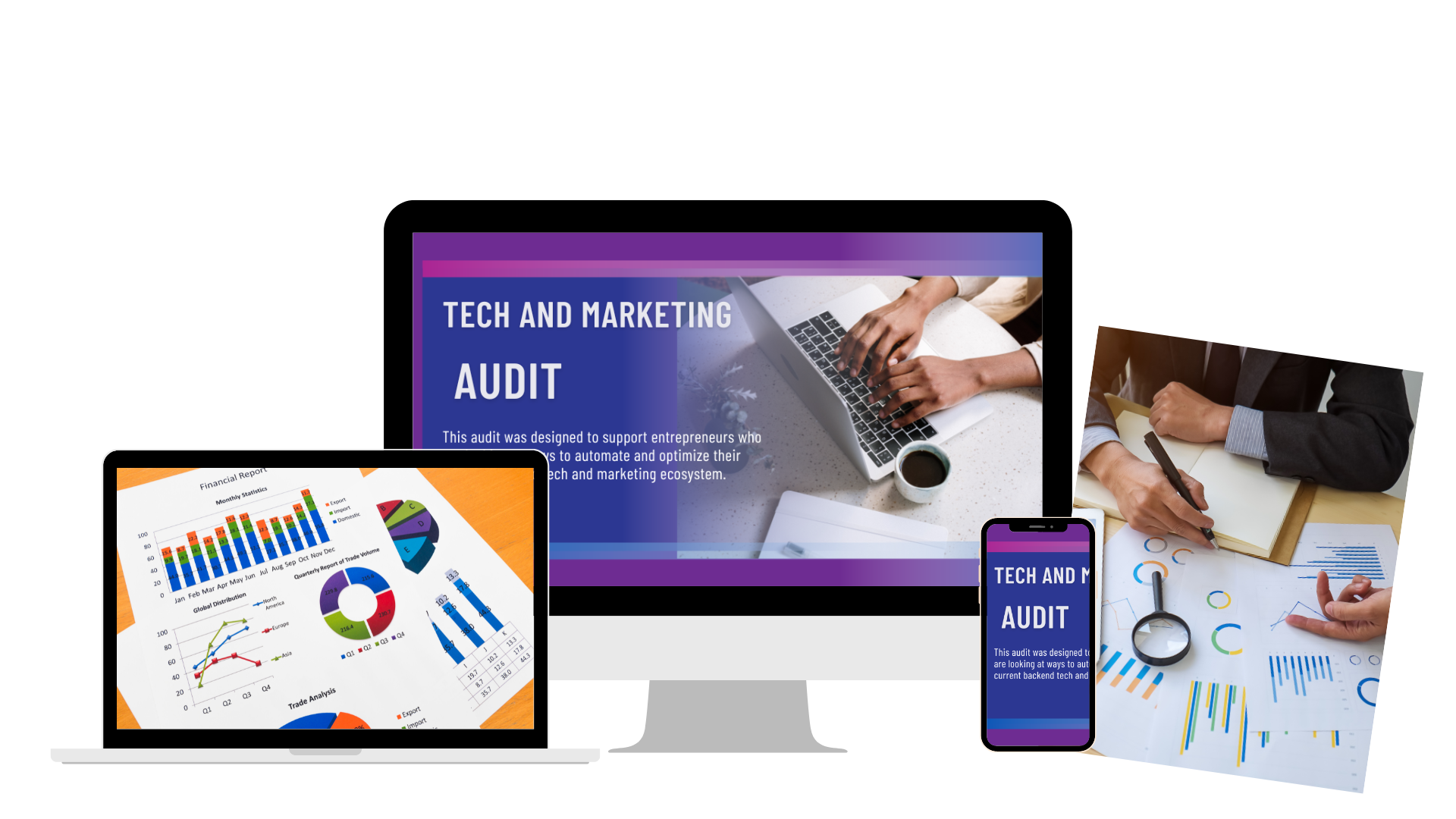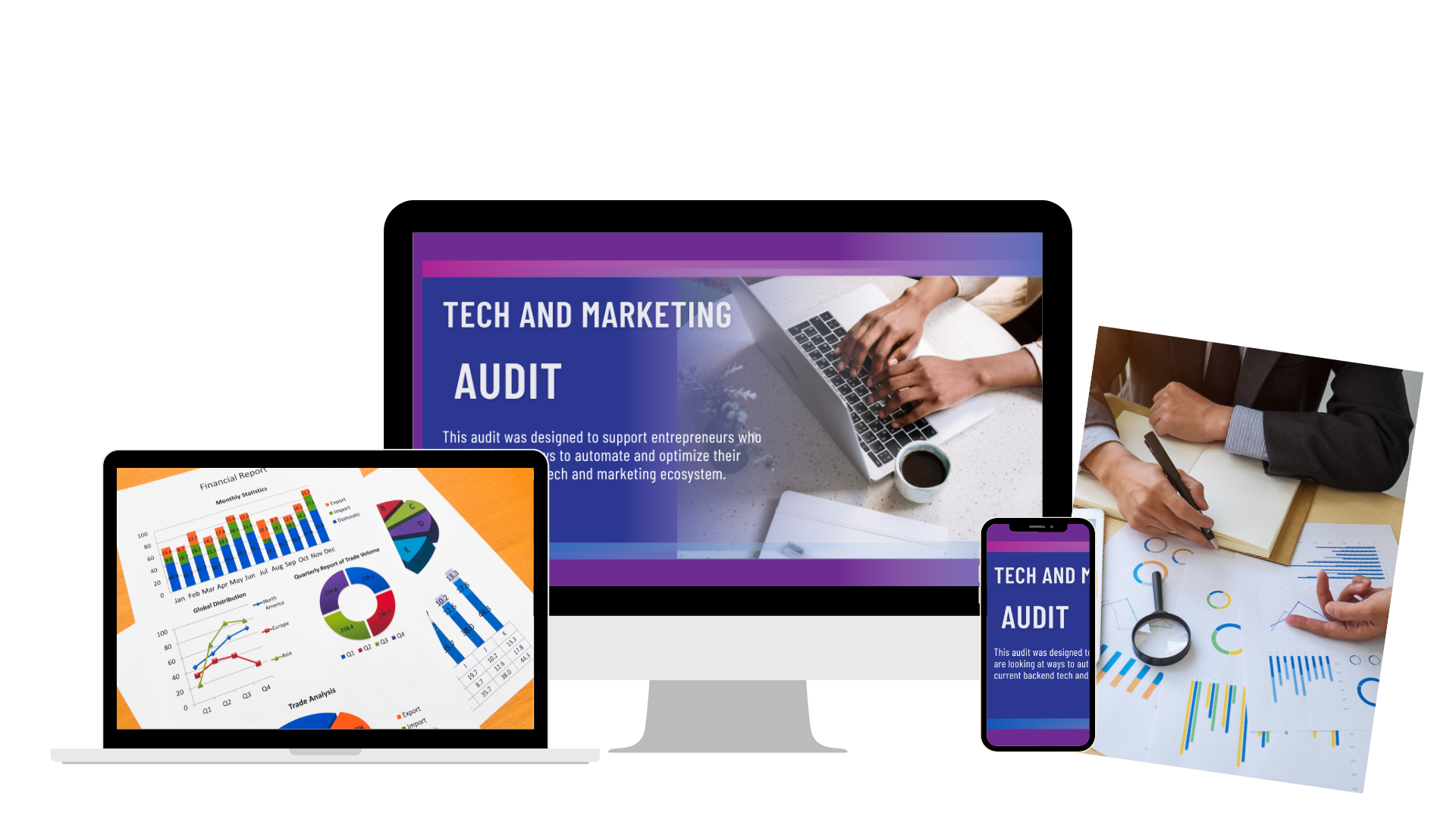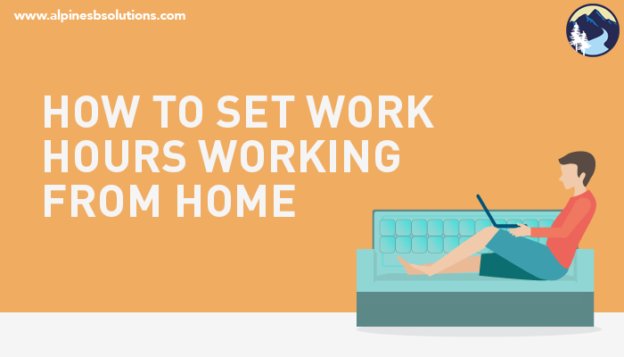

Imposter Syndrome is like a sly enemy that creeps into the minds of successful folks, making them question their skills and accomplishments. This guide is all about uncovering where Imposter Syndrome comes from and what happens when it messes with your head. We’re also throwing in some straightforward strategies to deal with it. Along the way, we’ll touch on the Dunning-Kruger Effect, giving us a better view of how confidence and competence balance out. So, let’s get to the bottom of this and make your journey to success way smoother.
Posted December 28th, 2023 by Jessica Granish
Unveiling Imposter Syndrome:
Definition and Origins:
Coined by psychologists Pauline Clance and Suzanne Imes in the 1970s, Imposter Syndrome is the nagging feeling of being a fraud despite evident success. Initially thought to be a predominantly female experience, it now affects both genders.
The Success Paradox:
Ironically, Imposter Syndrome often haunts high achievers. It shows up in attributing success to luck and downplaying accomplishments, creating a conflict between objective success and internalized self-doubt.
Distinguishing Traits:
Differentiating Imposter Syndrome from humility and realism is crucial. While humility acknowledges one’s worth without superiority, Imposter Syndrome distorts self-perception, leading to a paralyzing fear of inadequacy.
Consequences of Imposter Syndrome:
Stifling Initiative:
Imposter Syndrome can hinder initiative, preventing individuals from taking risks, pitching ideas, or pursuing new opportunities, thereby limiting professional growth.
Erosion of Happiness:
Beyond hindering professional success, Imposter Syndrome can erode personal happiness by fostering a constant battle between achievements and internalized feelings of inadequacy.
Navigating Imposter Syndrome: A Practical Approach
Identifying Imposter Syndrome:
Acknowledging the presence of Imposter Syndrome is the first crucial step. Recognizing that feelings of self-doubt are a psychological phenomenon, not a reflection of reality, is paramount to initiating the journey towards mastery.
Shifting Perspectives:
When faced with thoughts of inadequacy, it’s essential to shift perspectives. Reframing thoughts by acknowledging skills, achievements, and evidence of capabilities can counteract negative self-talk.
Building a Support System:
Sharing the struggle with trusted friends and family creates a support system that can counteract negative self-talk. Having a network of individuals who believe in one’s capabilities provides encouragement during challenging moments.
Active Engagement:
Actively engaging in activities that allow the application of knowledge and skills can be a powerful antidote to Imposter Syndrome. Volunteering as a mentor, participating in industry-focused groups, and sharing expertise can reinforce one’s capabilities.
Documenting Success:
Creating a tangible record of achievements and the steps taken to attain them serves as a powerful reminder during moments of self-doubt. This documented success becomes a source of strength and evidence against the distorted narrative of luck.
Learning from Others:
Reading about the experiences of others who have faced and overcome Imposter Syndrome provides valuable insights and inspiration. Books, articles, and interviews with successful individuals who openly discuss their struggles can serve as beacons of hope.
Professional Guidance:
Seeking professional guidance from therapists, life coaches, or mentors experienced in tackling Imposter Syndrome can provide tailored strategies for overcoming specific challenges. These professionals offer personalized insights to navigate the complex landscape of self-doubt.
Mindfulness Practices:
Incorporating mindfulness and meditation practices into daily routines can help individuals cultivate self-awareness and break free from the cycle of negative thoughts. These practices promote mental clarity, emotional resilience, and a grounded sense of self.
Continuous Learning:
The pursuit of continuous learning and skill development reinforces confidence by emphasizing growth and adaptability. Acquiring new knowledge and honing skills not only expands one’s capabilities but also serves as a constant reminder of personal and professional evolution.
Navigating Imposter Syndrome is an ongoing journey, a dance with the complexities of the human psyche. By understanding its origins, acknowledging its presence, and actively engaging in healthy coping mechanisms, individuals can foster a positive mindset. Remember, you are not alone in this journey, and with dedication and the right tools, you can develop resilience, embrace self-awareness, and find ways to coexist with Imposter Syndrome while leading a life of genuine confidence and achievement.
Comments

Jessica Granish
The Wizard Behind The Curtain, Tech And Marketing Integrator
Meet Jessica Granish, a heart-centered trailblazer in the dynamic intersection of tech, marketing, and systems integration.
Free Tech and Marketing Audit Session
How to Maximize Your Online Visibility with our Tech and Marketing 20 Min Rapid Audit.
Free Tech and Marketing Audit Session
How to Maximize Your Online Visibility with our Tech and Marketing 20 Min Rapid Audit.
“After our Tech and Marketing 20-Min Rapid Audit, you’ll walk away with immediate insights and actionable recommendations tailored to enhance your online visibility. Discover quick wins and unlock the potential for rapid growth in just a brief session!
Keep Reading…
 Blogging
BloggingJessica GranishJanuary 12, 2024Comments
10 Steps to Align with Google and Yahoo’s Email Requirements
Read Post Business
BusinessJessica GranishJanuary 5, 2024Comments
Your Word, Your Mantra: 4 Steps to Choosing Your Word for the New Year
Read Post Business
BusinessJessica GranishDecember 21, 2023Comments
The ‘C’ Code: Decoding the 10 Fundamental Pillars of Successful Relationships in Business and Beyond
Read Post Business
BusinessJessica GranishDecember 20, 2023Comments
Solstice Wisdom: 7 Strategies to Leverage the Solstice Metaphor for Business Growth
Read Post Business
BusinessJessica GranishDecember 15, 2023
10 Strategies for Thriving as a Business Owner Despite Silent Health Challenges
Read Post Business
BusinessJessica GranishDecember 1, 2023
Why Marketing and Tech are Better Together: The Role of a Tech & Marketing Manager
Read PostFirstPrev…123456789101112131415…NextLast
No posts found…

© Copyright Alpine Small Business Solutions, LLC.
All Rights Reserved







 deadline or taking a bit more time to submit a quality project, which do they choose? Is the underlying goal of the
deadline or taking a bit more time to submit a quality project, which do they choose? Is the underlying goal of the  ready for greater responsibility. But, if they genuinely do not feel ready it may be a bad experience for them. Try to build up their confidence and remind them that you feel they are ready. If that fails and they still are uncomfortable at the thought of the project, find a new employee. It is not worth the
ready for greater responsibility. But, if they genuinely do not feel ready it may be a bad experience for them. Try to build up their confidence and remind them that you feel they are ready. If that fails and they still are uncomfortable at the thought of the project, find a new employee. It is not worth the  deadline, be cautious about underestimating the length of time the project will take. It may only take you a week, but your employee may need to do outside research adding a day or two. Or maybe your employee hits some unexpected roadblocks, requiring you to take the time to provide guidance or assistance. Always estimate more time to provide a buffer in case things don’t go as smoothly as planned.
deadline, be cautious about underestimating the length of time the project will take. It may only take you a week, but your employee may need to do outside research adding a day or two. Or maybe your employee hits some unexpected roadblocks, requiring you to take the time to provide guidance or assistance. Always estimate more time to provide a buffer in case things don’t go as smoothly as planned. delegation to avoid doing unpleasant tasks. Good leadership means being willing to do the menial, the unappealing, and aggravating tasks for the good of the business.
delegation to avoid doing unpleasant tasks. Good leadership means being willing to do the menial, the unappealing, and aggravating tasks for the good of the business. 
 about work at 5. When there is no firm end to the work day, it’s so much harder to transition from “work mode” to “living your life mode.” You feel guilty watching TV and wonder if you should go get that one article done. You daydream thinking of your to-do list. You always feel “on,” making it difficult to give yourself the
about work at 5. When there is no firm end to the work day, it’s so much harder to transition from “work mode” to “living your life mode.” You feel guilty watching TV and wonder if you should go get that one article done. You daydream thinking of your to-do list. You always feel “on,” making it difficult to give yourself the  Here is where you get to enjoy the freedom of being your own boss. Maybe your peak creativity hours are early morning and early evening. In the middle of the day, you suffer from the afternoon slump. So work in the peak hours and go workout or run errands when your brain power dips.
Here is where you get to enjoy the freedom of being your own boss. Maybe your peak creativity hours are early morning and early evening. In the middle of the day, you suffer from the afternoon slump. So work in the peak hours and go workout or run errands when your brain power dips. Once you create a schedule, protect it fiercely. Don’t check your email outside of work hours. Let your clients know what hours they can expect to reach you by phone…and don’t pick up if it’s outside of those (or work into your contract it’s a $75 fee every time they do). When you are done for the day, be done. Don’t fall into the trap of well I could get one more thing done. Allow yourself to rest and relax!
Once you create a schedule, protect it fiercely. Don’t check your email outside of work hours. Let your clients know what hours they can expect to reach you by phone…and don’t pick up if it’s outside of those (or work into your contract it’s a $75 fee every time they do). When you are done for the day, be done. Don’t fall into the trap of well I could get one more thing done. Allow yourself to rest and relax!
 Your body is remarkably like a machine. Optimal performance requires quality fuel, proper maintenance, and adequate rest. Skimp out on one of these areas and the performance suffers.
Your body is remarkably like a machine. Optimal performance requires quality fuel, proper maintenance, and adequate rest. Skimp out on one of these areas and the performance suffers. It’s time for improved organization. To many entrepreneurs, organization can seem like a luxury. Who has time to look for (and then implement) the best organizational system? But the longer you go without one, the more time you waste searching for that one filed buried under desktop folder after desktop folder.
It’s time for improved organization. To many entrepreneurs, organization can seem like a luxury. Who has time to look for (and then implement) the best organizational system? But the longer you go without one, the more time you waste searching for that one filed buried under desktop folder after desktop folder. This is another difficult mistake to stop engaging in. It’s all too easy to sit down at your desk in the morning…and never get up again. We falsely believe the best way to maximize our work is to maximize our hours working. In reality, our brains are much more efficient when we take breaks. Even just a few minutes every hour getting up and stretching can help your brain feel refreshed and ready to tackle whatever problem awaits you.
This is another difficult mistake to stop engaging in. It’s all too easy to sit down at your desk in the morning…and never get up again. We falsely believe the best way to maximize our work is to maximize our hours working. In reality, our brains are much more efficient when we take breaks. Even just a few minutes every hour getting up and stretching can help your brain feel refreshed and ready to tackle whatever problem awaits you. All too often we take on tasks that can and should be handled by someone else. We do this for many reasons. Maybe our team is so small we feel guilty passing along the task. Maybe we struggle with relinquishing control over our passion project. Maybe we worry it’ll take more time managing the employee than just doing it ourselves.
All too often we take on tasks that can and should be handled by someone else. We do this for many reasons. Maybe our team is so small we feel guilty passing along the task. Maybe we struggle with relinquishing control over our passion project. Maybe we worry it’ll take more time managing the employee than just doing it ourselves.

